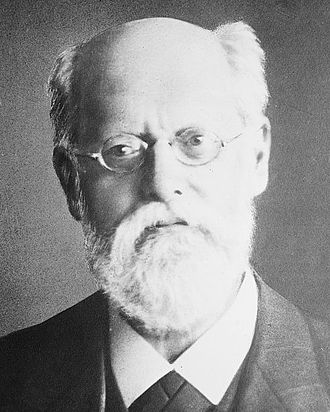Continuing from Why Christianity Happened — Toward a Secular Approach to Christian Origins
James Crossley seeks to explain what he calls the “puzzle” of the nearly complete failure of biblical scholars to apply “social-scientifically informed approaches” (p. 3) to the study of Christian origins between the 1920s and 1970s. Crossley is actually addressing two types of historical explanation: those that cover the social context of emerging Christianity and those that apply what would more correctly be called “social-scientific” — the application of “social-scientific methods, models and theories”.
Behind the several reasons he offers for the failure of biblical scholars to take up either of these historical inquiries stands one constant:
the need to make sure that Christianity is not explained away purely in human terms. (p. 17)

One of the two exceptional authors whom Crossley singles out as being responsible for a theoretically based social-economic explanation for the rise and spread of Christianity was Karl Kautsky. Crossley doesn’t quote Kautsky on this point but his words are worth noting in order to demonstrate that the ideological interest of theologians has been recognized from the beginning of ‘scientific’ historiography as the reason for their resistance to it:
It is no wonder then that secular historiography feels no great need for investigating the origins of Christianity if it starts from the view that Christianity was the creation of a single person. If this view were correct, we could give up studying the rise of Christianity and leave its description to our poetic theologians.
But it is a different matter as soon as we think of a world-wide religion not as the product of a single superman but as a product of society. Social conditions at the time of the rise of Christianity are very well known. And the social character of early Christianity can be studied with some degree of accuracy from its literature. (Kautsky, Foundations of Christianity, 1908, 1923, translated by Henry F. Mins, 1953, my bolding in all quotations)
